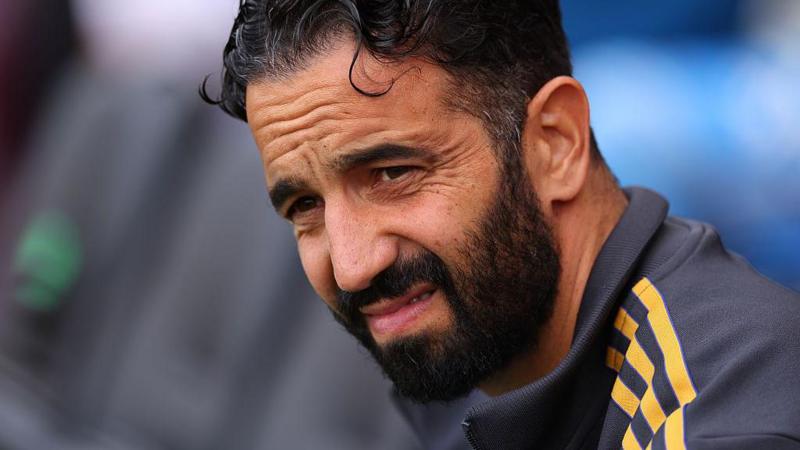Scholes Slams Man Utd's Flawed Transfer Strategy in Scathing Review




Paul Scholes, Manchester United's iconic midfielder, lit the public landscape again with his sharply laid-out criticism towards his former club's latest summer transfer strategy. Known for his unfiltered takes and deep love for Manchester United, Scholes’s dissatisfaction underscores the pendulum of concerns swirling around Old Trafford as they muse over their current squad and strategic framework under new manager Ruben Amorim.
When Manchester United decided to appoint Ruben Amorim, it was viewed as part of a bold, transformative vision aimed at returning the club to its former glories. Amorim, who arrived with a reputation for tactical acumen cultivated at Sporting Lisbon, brought with him the promise of innovation and success. His favored 3-4-3 system, controversial yet revered for its fluidity and dynamism, was immediately pinpointed as a fresh tactical direction that could leverage United’s attacking prowess.
However, the transition to this new tactical plan requires players who can adapt to and optimize this particular formation. The summer transfer window was Manchester United's golden opportunity to realign their squad to fit this vision. But according to Paul Scholes, the club stumbled at this critical juncture.
Scholes’s critique brings to light the challenge of assembling a squad that not only meshes skillfully but is also tactically in sync with the manager’s requirements. The essence of his argument lies in the perceived quality of the players brought in during the summer. The inability to attract players who can naturally fit, and flourish within, a 3-4-3 setup appears to be his primary concern, signaling a mismatch between the recruitment strategy and the manager’s tactical needs.
This isn’t just about having star players or marquee signings; it’s about securing individuals who possess the specific attributes to succeed in a defined role within Amorim's system. It's about midfield flexibility, robust wing-backs capable of constant back-and-forth, and central defenders who are unshakeable both in open play and set-piece scenarios. Each of these roles is pivotal in a 3-4-3, demanding not only high stamina and fitness levels but also intense tactical understanding and discipline.
The criticism points towards a broader issue of strategic alignment within the club. The synergy between a manager’s tactical demands and the club’s recruitment policy is essential for any successful football entity. When these elements are not in sync, the results can be underwhelming, as possibly seen in United’s recent form. It raises questions about communication and long-term planning at the managerial and executive levels of the club.
Moreover, adapting to a 3-4-3 formation is not solely about individual talent but also about chemistry and time. It demands that players not only understand their roles but also how those roles interconnect on the field. This isn’t achieved in a single season; it develops with games and growing pains. Paul Scholes, having been part of a squad that underwent several tactical evolutions under Sir Alex Ferguson, knows the time and patience required to build a successful team system.
In response to these challenges, it could be pivotal for Manchester United to maintain faith in Ruben Amorim’s long-term vision, considering the potential growth and success his strategies have yielded in the past. Learning curves are unavoidable when a club is in the process of comprehensive transformation, and immediate results might not always be forthcoming.
As future transfer windows approach, Manchester United will have the opportunity to rectify these misalignments, possibly taking Scholes’s criticism into account. The focus should be on players who are not only talented but who fit like cogs within the larger tactical machine envisioned by Amorim.
Navigating through criticism, especially from respected voices like Paul Scholes, is part of the revamping process for any football club as iconic as Manchester United. It is the balance of adjusting tactics, aligning player acquisition, and maintaining steady faith in a football philosophy that will ultimately dictate whether the Red Devils ascend to the heights their fans so fervently hope to see.